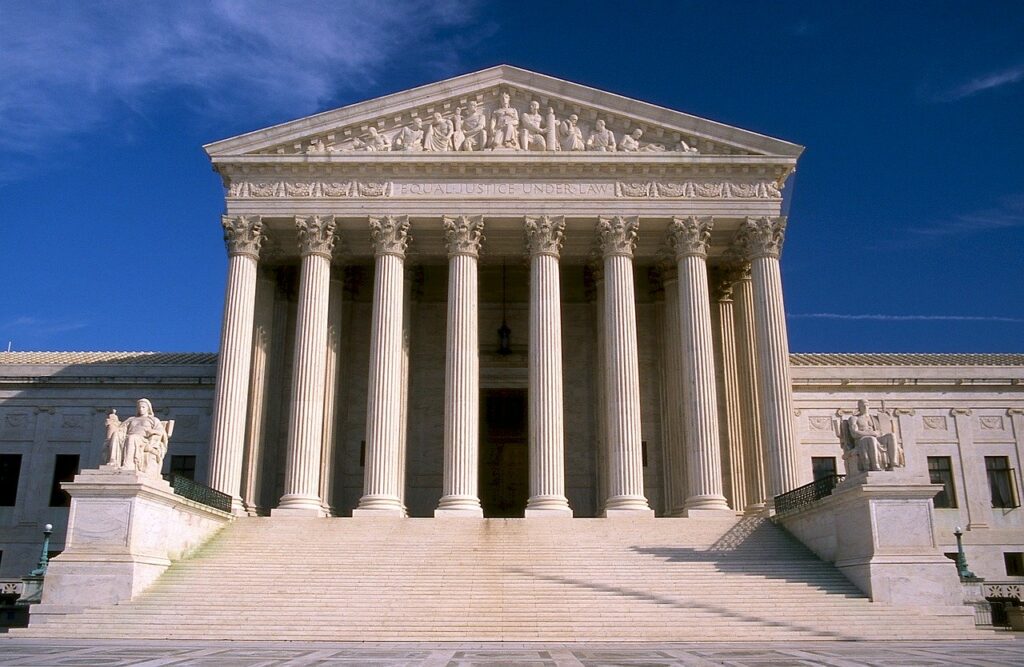Brady v. Maryland was decided by the United States Supreme Court in 1963. Brady establishes a requirement that the Government turn over any evidence it has that is favorable to the defense. That case also set up the test for appellate courts to use to decide whether or not a failure to disclose some evidence violated the accused’s right to due process. The court must determine whether: 1) the evidence at issue was favorable, either because it cast doubt on the accused’s guilt or because it could be used for impeachment of Government witnesses; 2) the favorable evidence was kept from the defense either intentionally or unintentionally; and 3) the failure to turn it over prejudiced the accused. When an appellate court determines that favorable evidence was withheld from the defense by the Government, and that the accused was prejudiced by that withholding, the conviction will be set aside as a Brady violation.
The Court of Appeals for the Armed Forces (CAAF) recently issued an opinion in the case of United States v. Roan that involved the Government’s failure to turn over favorable information to an accused, resulting in a Brady violation. Three Airmen shared an apartment: SrA Roan, N.W., and D.B. After the July 4th liberty period, SrA Roan and N.W. both tested positive for cocaine on a unit urinalysis. Air Force SFOI began investigations into both Airmen. SrA Roan did not make a statement, but N.W. told investigators that he had taken some of D.B.’s pre-workout powder that D.B. had purchased while deployed.
SFOI investigators eventually interviewed D.B. who told them that he had purchased the powder online while deployed and that he stored it in a central location of the apartment he shared with N.W. and SrA Roan. An investigator looked at the site online where D.B. had purchased the pre-workout powder. The only pre-workout powder on the site contained an ingredient called DMHA. Upon further inquiry, the investigator learned that this ingredient was on the banned substance list and could, according to a Medical Review Officer he consulted, potentially lead to a false positive drug test result for cocaine. The Government did not disclose the results of D.B.’s interview or the investigator’s inquiries to SrA Roan’s defense counsel.
At trial, the Government’s only evidence of SrA Roan’s wrongful use of cocaine was the results of the urinalysis. SrA Roan was convicted and sentenced to be reduced to E-2, 45 days restriction, three months hard labor without confinement, and a reprimand.
N.W. went to trial after SrA Roan and learned of the SFOI investigation before his trial began. He was found not guilty at his court-martial.
On appeal, SrA Roan argued that the Government had withheld favorable evidence and that it had prejudiced him, in violation of Brady and his right to due process. The Air Force Court of Criminal Appeals found that the withheld evidence was not material, and its nondisclosure did not prejudice SrA Roan, because SrA Roan had never provided evidence at trial that he had taken D.B.’s pre-workout powder. The Air Force Court affirmed the conviction.
SrA Roan then appealed to the CAAF, arguing that the lower court’s analysis was incorrect. The CAAF agreed. It found that SrA Roan had not presented evidence concerning the pre-workout because he did not know what the Government knew, that it could have led to a false positive. Had he known that, he certainly would have presented it as a possible reason for the positive result. The Government’s failure to turn over this information deprived SrA Roan of a possible defense, that of innocent ingestion. Therefore, it was material and the lack of disclosure prejudiced him. The CAAF set aside the conviction and sent the case back to the commander for a possible rehearing–with all of the favorable evidence available to the defense.
If you or your loved one want to appeal a court-martial, you need someone with experience who knows what arguments to make on your behalf, and when to make them. I have argued this issue, and numerous others in front of appellate courts and CAAF. I have the experience you need. Please call Bill Cassara at (706) 860-5769 for a free consultation.

